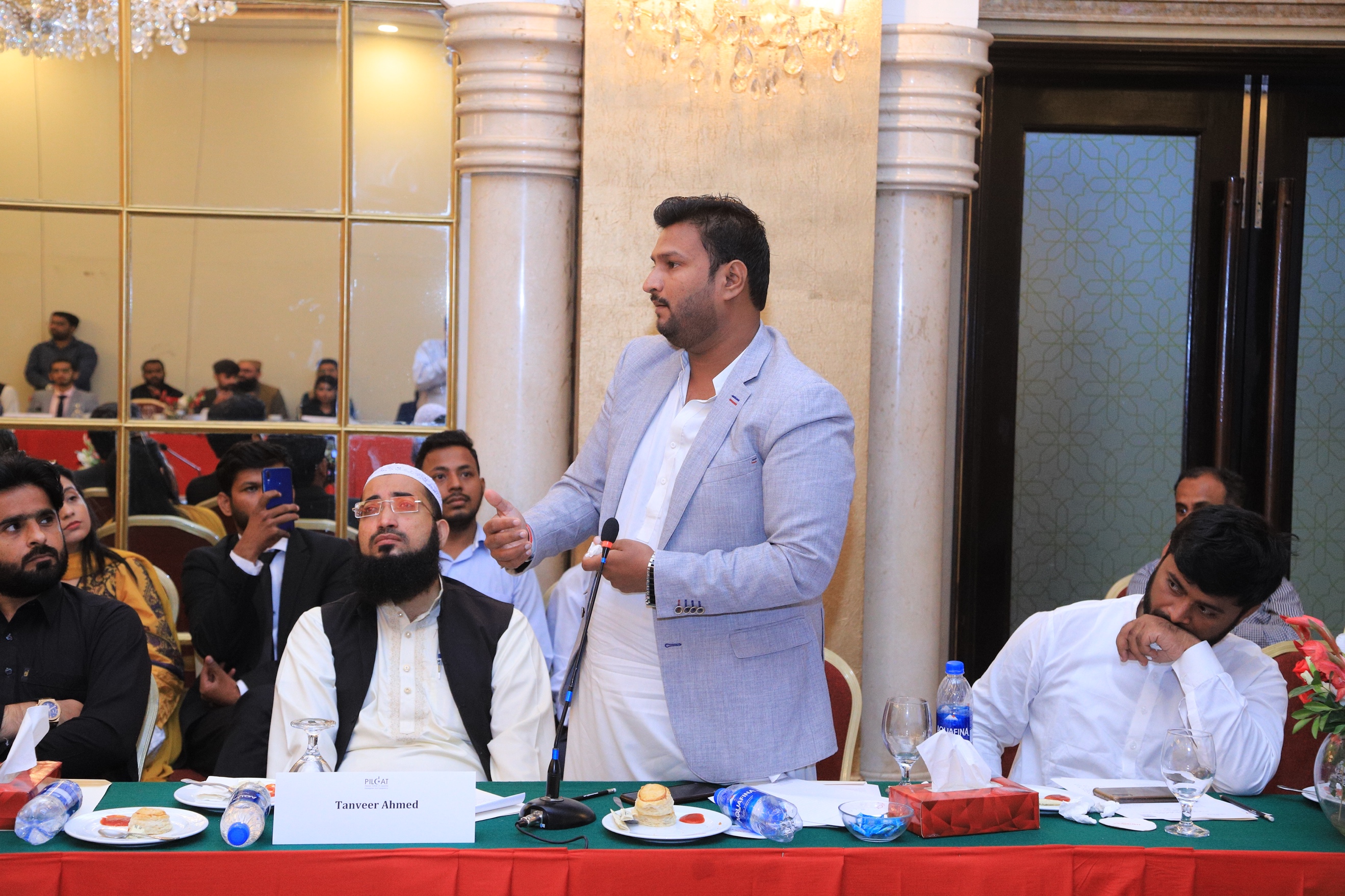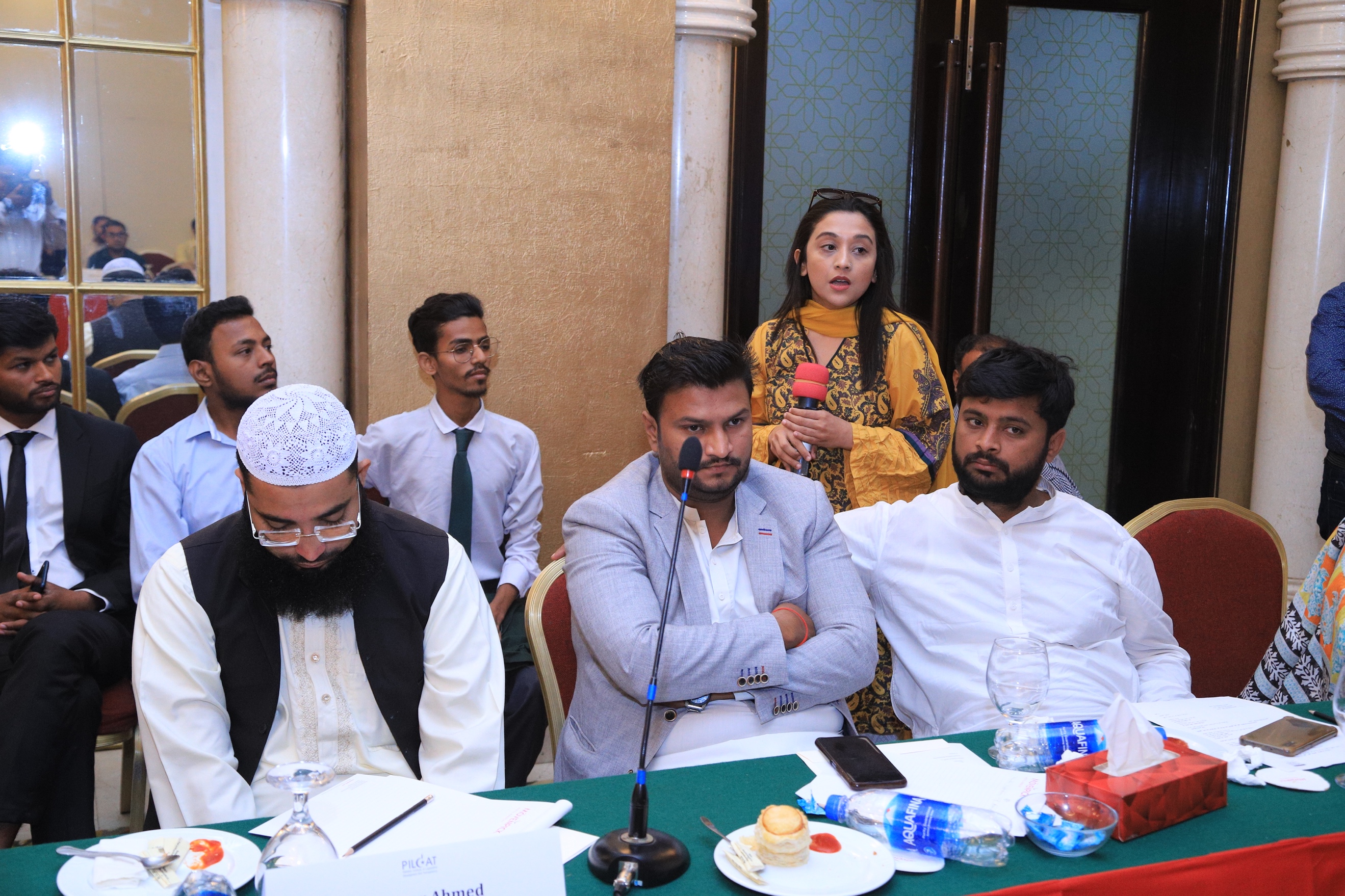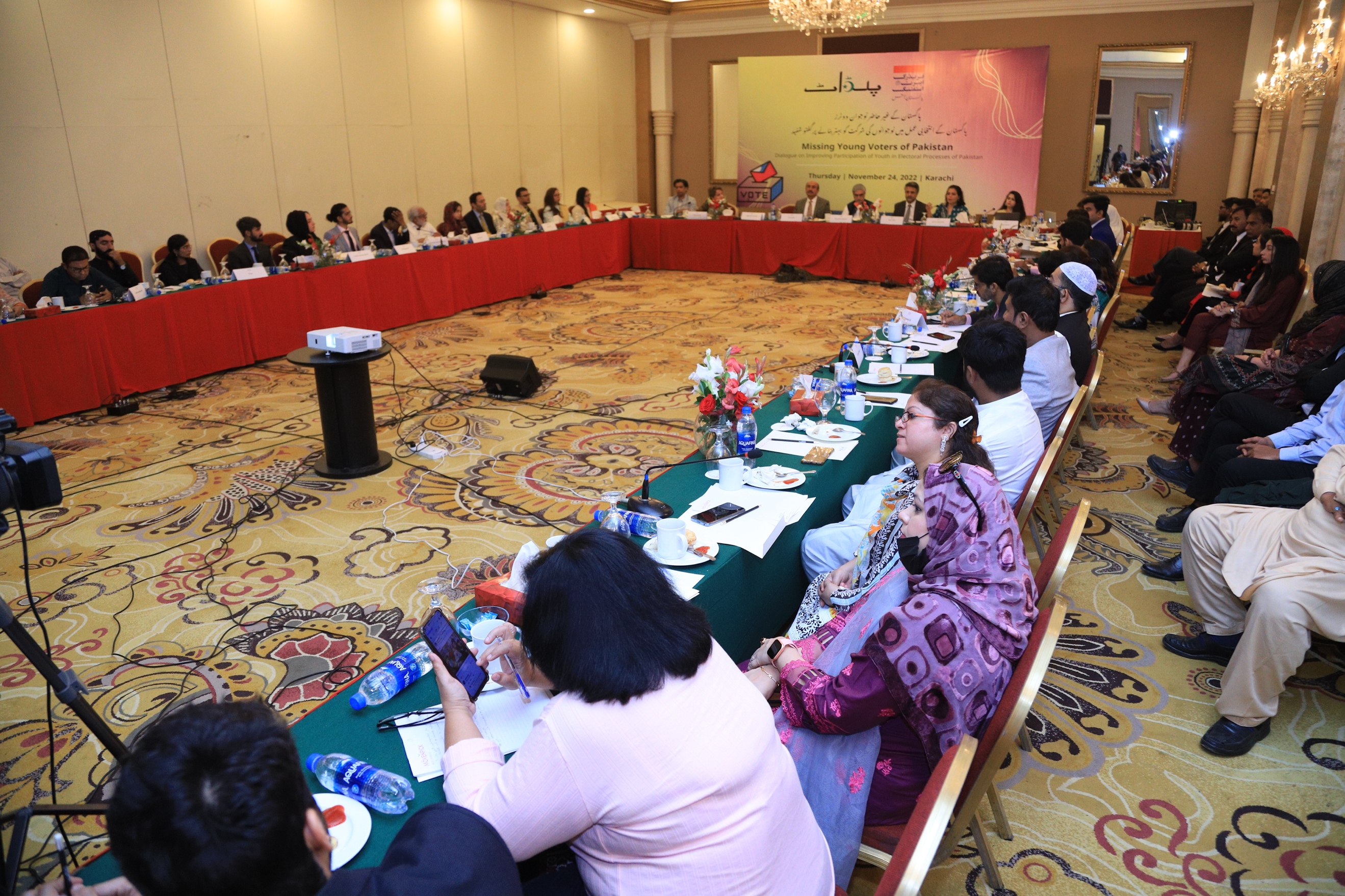

November 24: A provincial restriction on student unions was lifted in 2022 in Sindh, with Sindh Assembly being the first to do so on February 11, 2022 and assented by Governor of Sindh on March 02, 2022. The initiative made by the Govt. of Sindh to reinvigorate student politics is indeed to be commended. Institutions of higher education in Sindh were required to formulate regulations and procedures for the conduct of Student Unions in response to the Act within two months after its passage, that is, by May 02, 2022, but to our knowledge, no institution has done it so far. The law’s fundamental provisions stated that student unions would be revitalized in order to foster an atmosphere conducive to social interaction & sharing of ideas, while also imposing restrictions on violence at educational institutions. The legal framework of student unions at educational institutions lays forth conduct of elections, student bodies, union interface with administration, and a code of conduct.
Civil society and youth representatives alike raised this concern along with the critical issue of low youth voter turnout in Pakistan at a Dialogue organized by PILDAT in collaboration with Friedrich-Ebert-Stiftung (FES) Pakistan: ‘Missing Young Voters of Pakistan’ in Karachi on November 24, 2022.
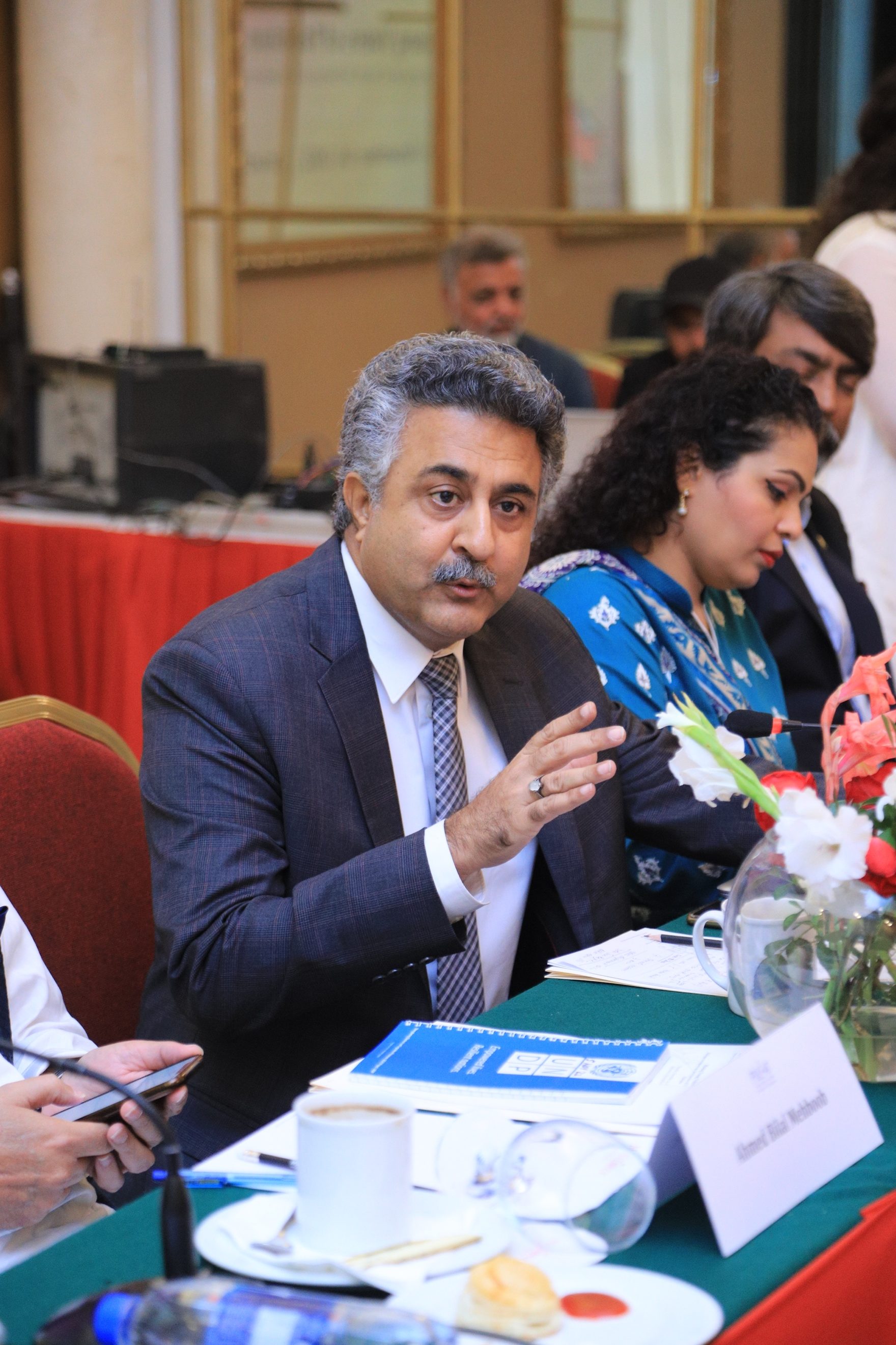
Mr. Nazar Abbas, Regional Election Commissioner, Karachi, proclaimed ‘Unions were instrumental in gaining political education and empowerment, but has been capped for decades. Now that the Sindh Students Union Act has been passed, higher education institutions should work towards bringing them back. Student Unions would expose them to the basics of the electoral and political process hence unions not only build youth leadership but also encourage young people to vote.’

On the role of Election Commission of Pakistan to improve youth’s voter turnout in elections, Ms. Qurat-ul-Ain Fatima, Director Media Coordination and Outreach Wing & Director Protocol, ECP, disclosed a number of initiatives undertaken by the organisation to educate youth on electoral processes and to urge them to come out on election day. While discussing barriers to youth’s electoral and political participation, she mentioned the ban on student unions’ being a detrimental factor to students’ growth along with delays on Local Government elections.

Sindh Government’s representative, Mr. Ismail Rahu, Minister Universities & Board highlighted the years of work that had been undertaken by the government to empower the youth and increase their voter turnout. He commended PPP’s effort in bringing back student unions in Pakistan by passing the Sindh Student Unions Act and soon progress will be made to establish unions in universities as well.
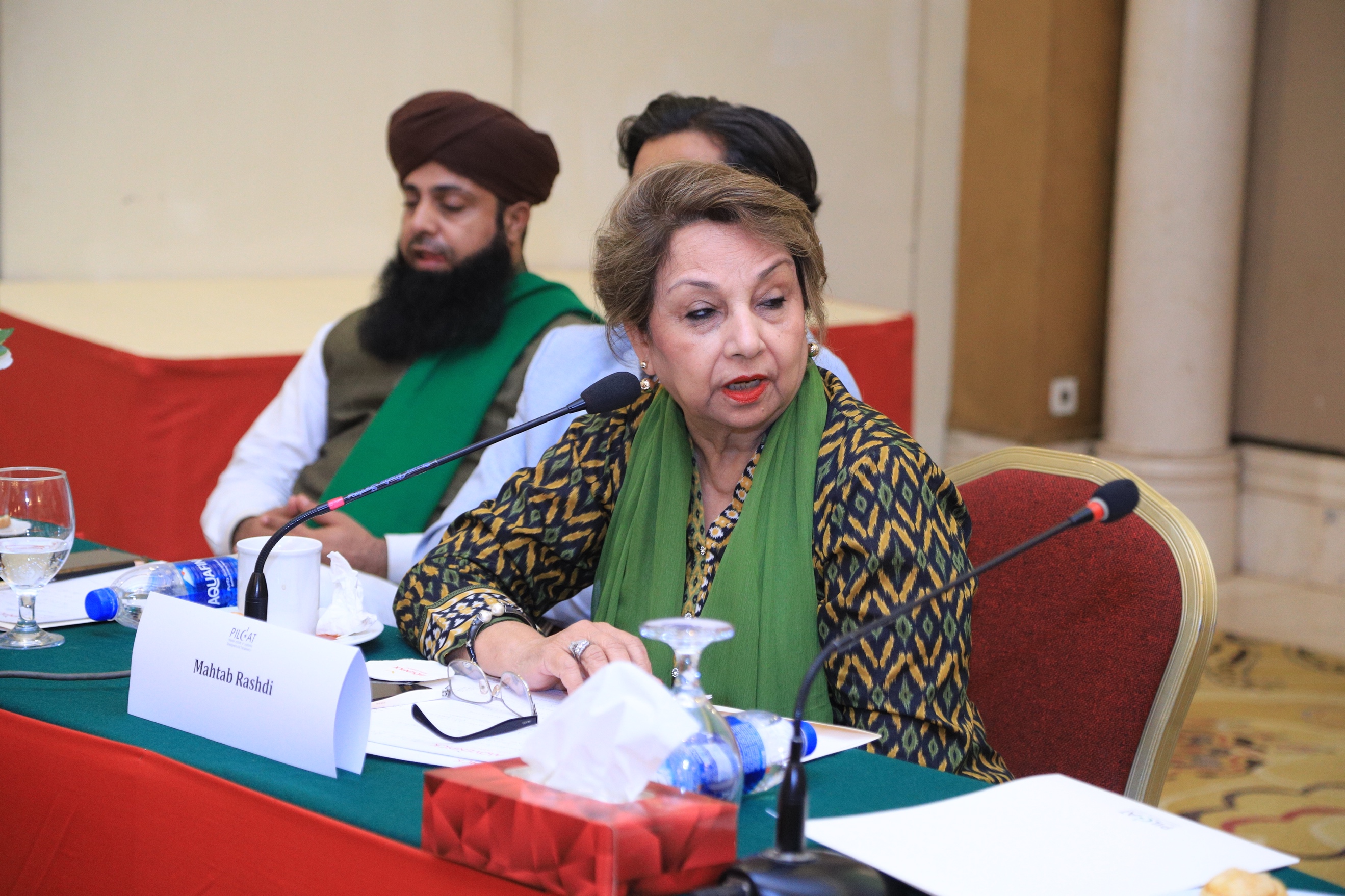
Former MPA & PILDAT Board Member, Ms. Mahtab Akbar Rashdi, in her effort to mobilise the youth present at the dialogue said, ‘Enhancing voter turnout is not just the responsibility of a singular organization rather the responsibility of every government institution, political party, civil society organisation, educational institution as well as the voter themselves. All stakeholders that interact with the youth and these young people themselves need to actively seek out information about their rights, the voting process, their constituency candidates and become familiar with all party manifestos in order to make an informed voting decision.’
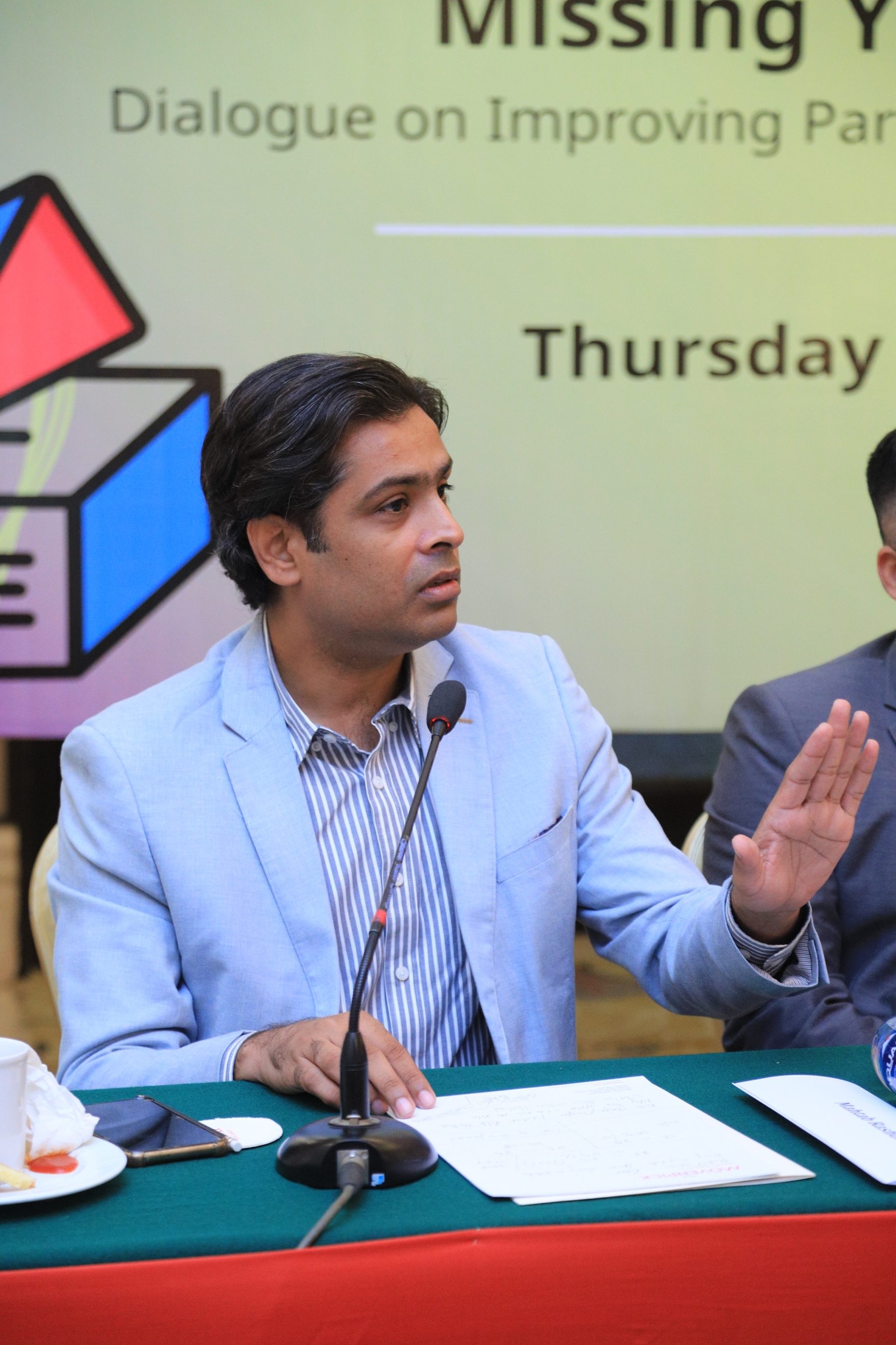
Mr. Arslan Taj, MPA, PTI encouraged youth to break the status quo present within all political parties that prevent them from rising to the challenge and taking leadership positions within society. ‘Youth makes up 60% of the population and we should make the effort to bring change we want to see in political parties by utilising our given right to vote as well as joining parties and changing them from within.’
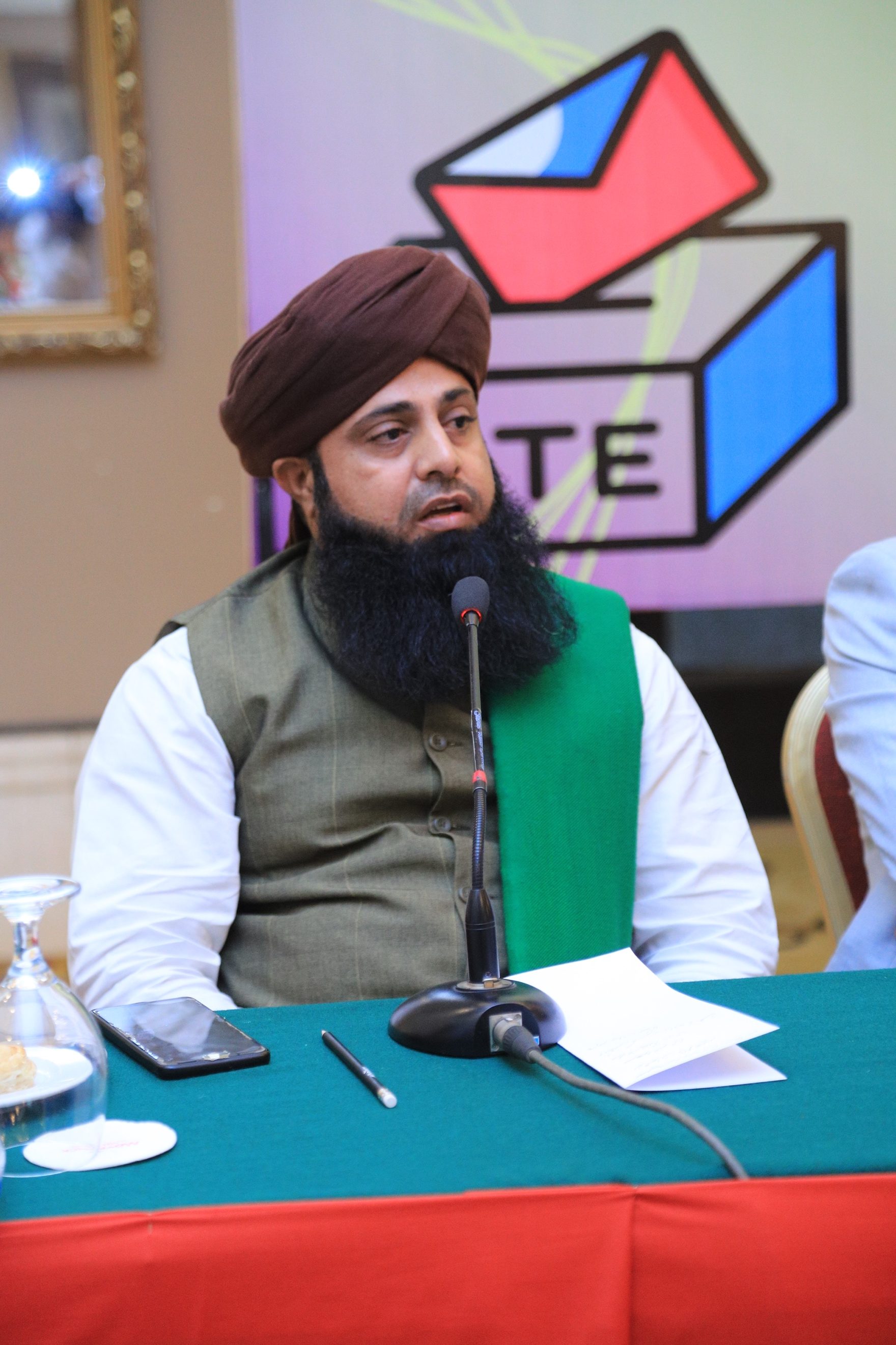
Mufti Qasim Fakhri, MPA, TLP, stated that the base foundation of Pakistan’s political system is flawed and needs to be effectively challenged and changed and the only body that can do this is the youth. He believes now that the 2023 general elections are not that far off, door-to door campaigns are need of the hour to ensure new voters are aware of the significance of their singular vote.

Syed Habib Ullah, Assistant Director of Sindh’s Youth Affairs & Sports Department was also present to give an outline of his department’s efforts to engage the youth in political and electoral processes of the country. He highlighted the implementation progress of the Sindh Youth Policy, 2018 and the various programmes and initiatives especially designed for improved political participation of youth.
‘The Sindh Student Union Act, 2019 mandates that universities and colleges in the province establish norms and procedures for the functioning of student unions, however it is unclear why this has not yet occurred.’ After delivering a presentation on Pakistan’s Missing Young Voters, PILDAT President Mr. Ahmed Bilal Mehboob posed this question to the media, lawmakers, activists and other segments of society. According to the Act, each educational institution was expected to organize student unions within two months, but universities and colleges have not produced anything so far. Mr. Mehboob called unions a nursery for developing young leaders and commended Sindh’s progressive character, highlighting its ethnic variety as an asset that could be used for empowerment. He said that all ethnicities in Sindh must vote for a more representative democracy.
The dialogue was attended by several members of civil society including: Mr. Ali Palh, Lawyer, Mr. Saad Ullah & Ms. Naba Taqvi, The Body Shop Pakistan, Mr. Imtiaz Ali Kalhoro, DEC-Karachi Central, Mr. Arun Kumar, District Election Officer & Syeda Humaira, ECP, Mr. Karamat Ali & Mr. Khadim Hussein of PILER, Ms. Mahrukh Rizvi & Ms. Wajeeha Najam, Projects Officer, Pakistan Institute of International Affairs, Ms. Maryam Khalid, Transparency International Pakistan, Mr. Zameer Ahmed, Advocate, Mr. Abrar Baloch, Advocate, Saleem Khan, Advocate, Mr. Amanullah Solangi, Khadmain Sindh Foundation, Ms. Hawwa Fazal & Mr. Sarwar Kashif of SHEHRI, Mr. Muhammad Sharif, Advocate, Mr. Hammad Anwar, NADRA, Mr. Javed Haleem, General Secretary, Pakistan Lawyers Foundation, Shamim Ahmad, Advocate, Ms. Amtul Aleem, Amtul Social Welfare, Syed Sajjad, Ms. Aleena & Suleman of SAFCO, Mr. Mutahir Karamat, PIP, Mr. Sami-ul-Haque, ICAP.
Representatives of political parties and government of Sindh were also present at the meeting: Ali Iqbal Ansari, Youth Affairs Department, Government of Sindh, Ahsan Ali Ghori, Mr. Muhammad Bilal Sheikh, MQM-P.
Distinguished members of academia contributing to the discussion consisted of: Dr. Ayesha Afzal & Dr. Aqdas Afzal of Habib University, Dr. Farhana Owais, Mr, Muhammad Tariq, Dr. Wajahat Hussain, Dr. Muhammad Ali, Dr. Nadia Ali, Dr. Shahla, Dr. Suwaibeh Qadri & Mr. Muhammad Omer of Karachi University, Dr. Abdul Qadir, Ms. Urooj, Ms. Sana Mughal of Bahria University, Ms. Naveed Aamir, Senior Research Economist.
Members of PILDAT’s Youth Parliament Pakistan and youth-led organisations were also in attendance: Ms. Fatima Sumaiya Ahmed, Mr. Anas Sheikh, Mr. Muhammad Safwan Khan, Mr. Muhammad Ali Usman, Ms. Fida-ur-Rehman, Mr. Mehboob Irshad, Ms. Tuba Athar Ms. Erabah Ilyas, Ms. Mashra Arshad, Mr. Muhammad Abdul Haq, Mr. Muhammad Ali, Virsa Pirzado, Secretary General, Progressive Students’ Collective, Mr. Arjun Baghi, Student, Syed Umairuddin & Mr. Muhammad Noman, General Secretary, JI Youth, Mr. Noman, Ms. Uzma, Mr. Vishal Anand, Hindu Youth Council, Mr. Shahid Hussain, Syed Muhammad Ibtehaj Raza, Mr. Aurungzeb Aslam Noor Ali, Mr. Muhammad Yamman Mansuri, Ms. Kinza Abdi, Mr. Farooq Khan, President PSA.
Rana Javaid of Geo News, Mr. Aamir Jamil of HUM News, Ms. Shazia Hasan of Dawn, Mr. Abid Hussain and Mr. Muzammil & Mr. Rehan of K21 News, Mr. Arshad of The News, Mr. Muhammad Adnan & Mr. Abdul Jabbar Nasir of Dunya, Ms. Ayesha Khan of Express News, Umair Shah & Mr. Shahid Malik of 92 News were present to cover the dialogue as well as represent media’s perspective on the subject of youth voter turnout.

